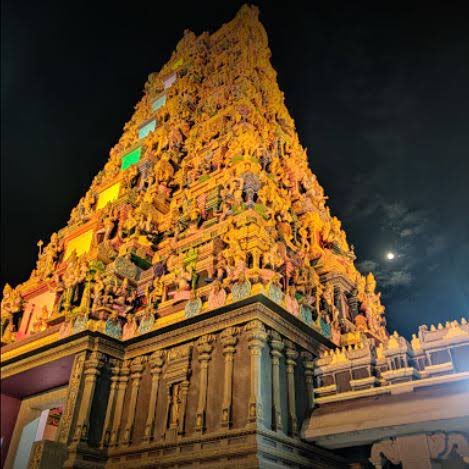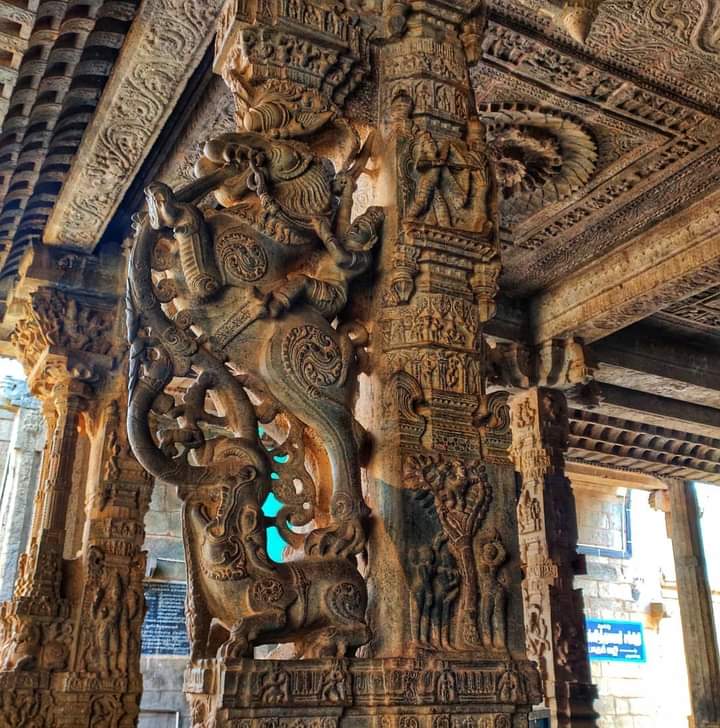Ocean extinctions:
'The first completely global bleaching event was in 1998. That was a wake-up call for people here in Australia, because that was the first time ever that the Great Barrier Reef had bleached.'
99% of tropical corals will be doomed at 2C.https://t.co/8OB7KpPFEU
Many already endangered species are now at risk of suddenly becoming extinct as extreme events worsen.
https://t.co/Itlnp7z8Hy
'going past 1.5C is dicing with the planet's liveability. And the 1.5C temperature "guard rail" could be exceeded in just 12 years, in 2030.'
Or even in the 2020s.
https://t.co/FQ3r5jWPtn
'Even if warming was limited to 1.5 K, all major producing countries would still face notable warming-induced yield reduction.'
1.5C looks like it could deliver major crises. Risks to crops appear set to grow immensely from +1.75C.
https://t.co/rya17lD5eq
'There's a lot we can’t adapt to even at 2C. At 4C the impacts are very high and we cannot adapt to them.'
https://t.co/raYr1X8o33
'when we reach 2 degrees of warming, we may be at a point where we hand over the control mechanism to Planet Earth herself'
https://t.co/5sIG7F3Kjz
'Vague, distant targets for 2030 or 2050 will not keep the world “well below 2C” of warming as the Paris Agreement promised. I can tell you, a 2C hotter world is a death sentence for countries like mine.'
https://t.co/pQAavJB6vs
We need emergency system change now.
Richard Alley, geoscientist at Pennsylvania State University and contributor to multiple IPCC reports:
at 2°C “you are having impacts on most people, impacts on the market, that make it hard for everyone to live.”https://t.co/pLA4CwrCg7
'An estimated 5% of all species would be threatened with extinction by 2°C of warming above pre-industrial levels'.
We're currently on track for 2C by 2034-2043.
https://t.co/PGlUXnEE2Q













